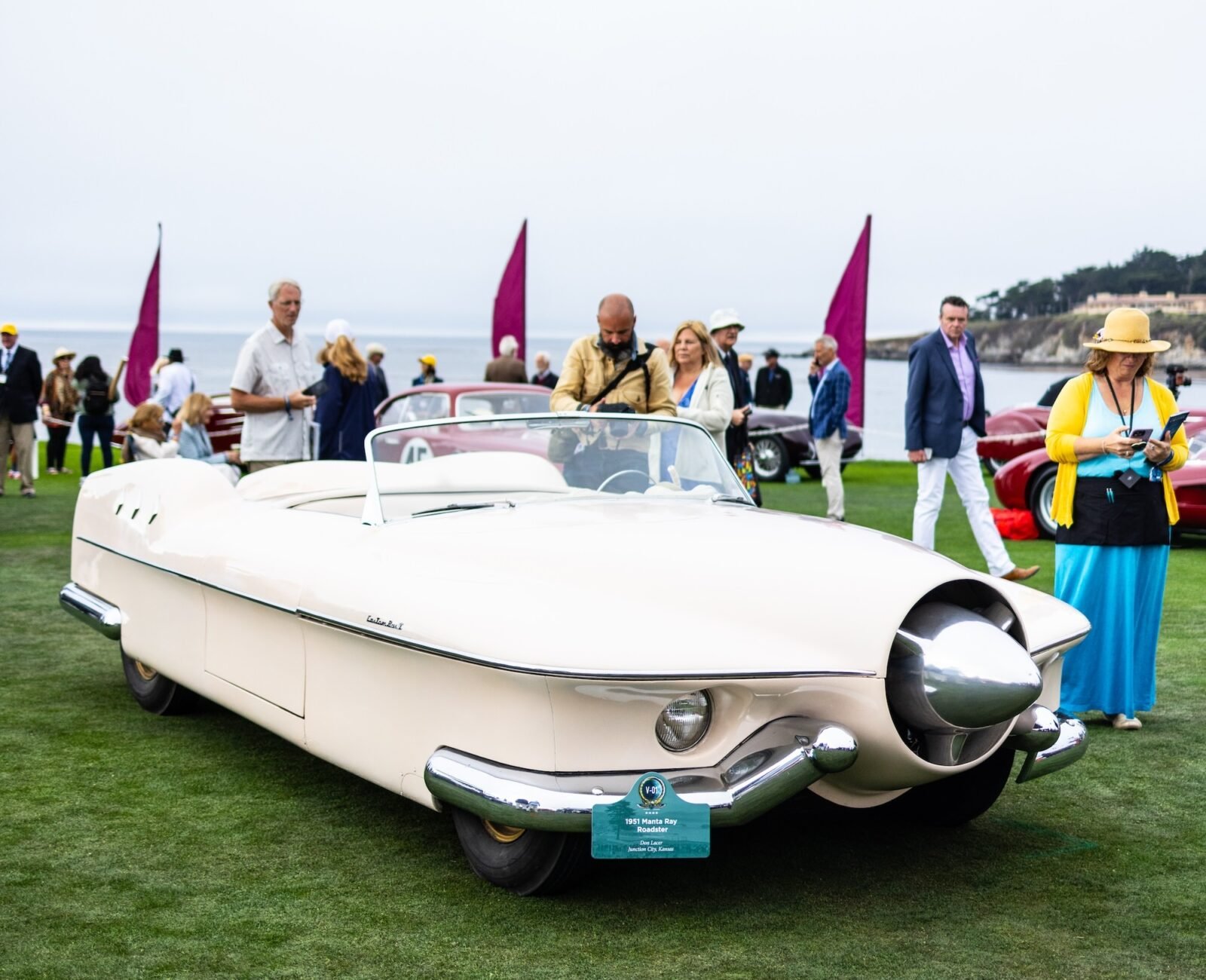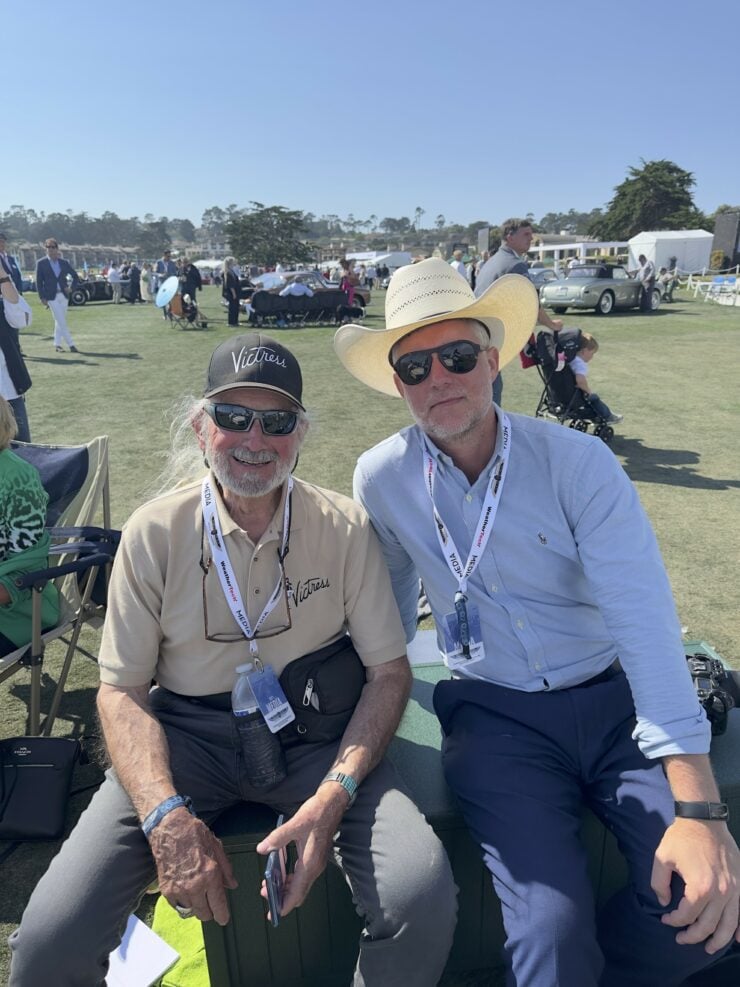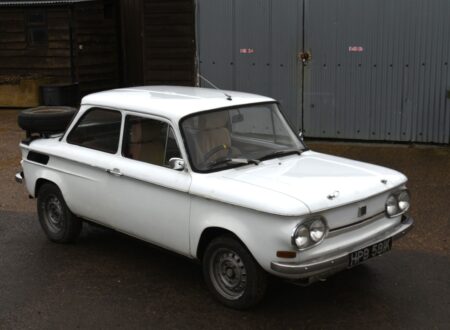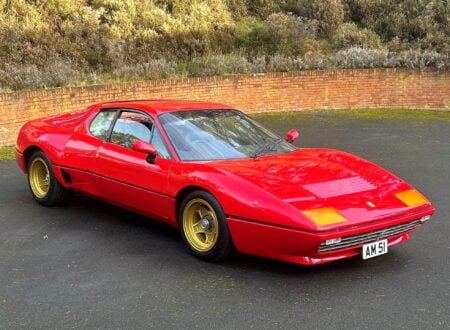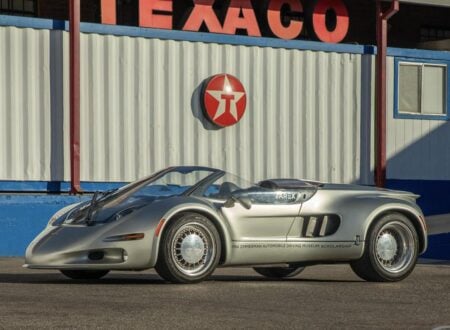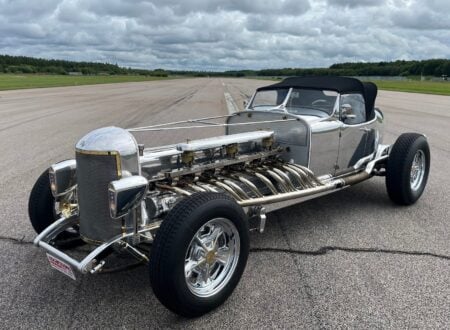The sound of the landing gear clunking into place snapped me out of my daydream, it had been a 15 hour flight from Singapore to San Francisco and I hadn’t managed to sleep a wink.
The next stage of the trip was to be the most challenging, picking up a rental car from the airport lot and driving it through heavy traffic to a small town called Gilroy, best known as the garlic processing capital of the world.
The tired looking man behind the Hertz counter informed me, perhaps predictably, that the car I had reserved for the trip wasn’t available. It’s a tale as old as time itself, or at least as old as the automobile, and so common it even got its own Seinfeld bit back in the 90s.
I had reserved a pick up truck for the trip, not because I needed to haul anything but because this was to be my first solo trip to the United States and I wanted the full experience. Little did I know that San Francisco is one of those parts of the US where pick up trucks make you about as popular as a coyote in a kindergarten.
The Hertz man wearily rotated his computer monitor around so I could see the list of available vehicles. They were all soulless of course, so I pointed to the medium sized SUV option which turned out to be a listless front-wheel drive Nissan Rogue.
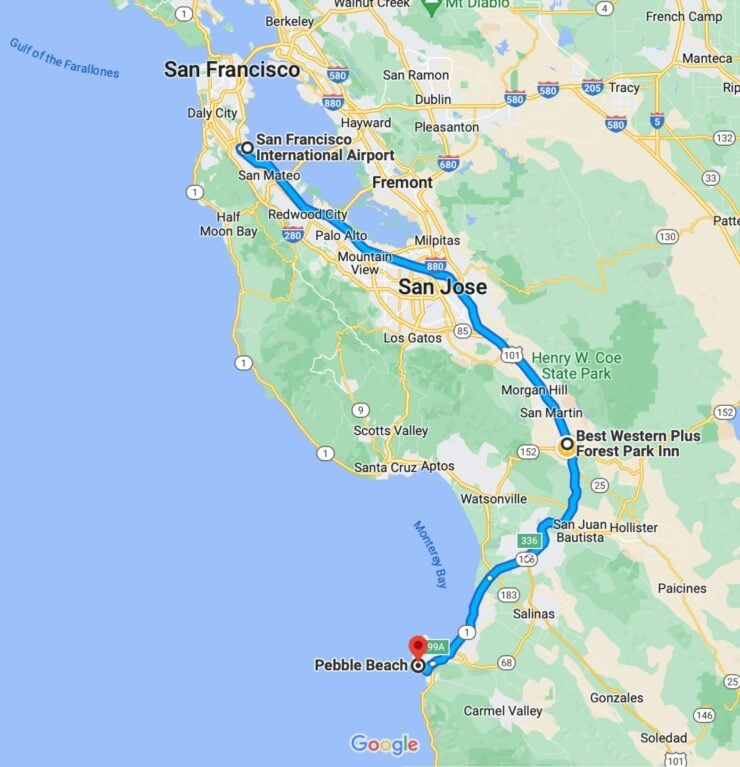

I loaded my gear in the back, nicknamed the car the Plastic Maggot, and set off with some trepidation into heavy California traffic.
The reason this drive was a challenge is that I’m Australian, and this means that as far as I’m concerned, Americans drive on the wrong side of the road and the steering wheel is on the other side of the car.
This, coupled with jet lag and a lack of sleep makes even the relatively straightforward highway jaunt from San Francisco down Highway 101 to Gilroy, slightly more than a one hour trip, seem like captaining the Titanic in reverse through the Northwest Passage.
With great concentration and a bucket of airport coffee in the cupholder I made it to Gilroy and found my motel – the Great Western – which had offered me the option of a fireplace in my room when I was booking. It cost a few dollars more a night but I’m simply not the kind of person to pass up the opportunity to have a fireplace at the foot of my motel bed while listening to the hum of big rigs making their way along the 101.
It’s a once in a lifetime opportunity I told myself.
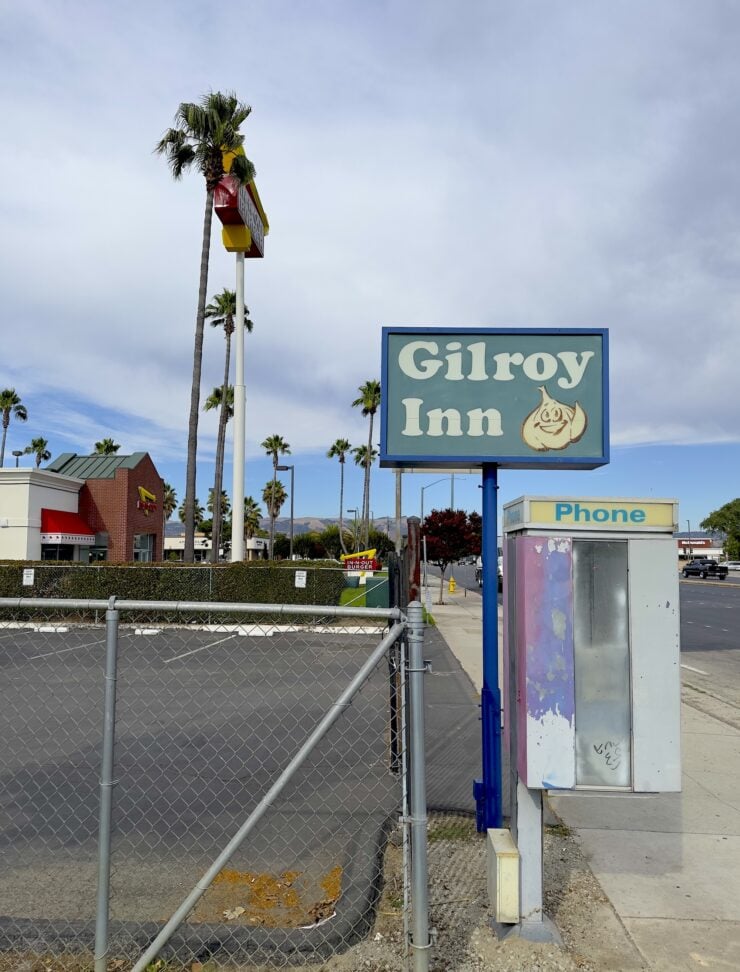

The Pebble Beach Concours d’Elegance
The reason I was in Gilroy was the Pebble Beach Concours d’Elegance, which actually takes place about an hours drive away at the Pebble Beach Golf Course in Monterey on the coast. Hotel rooms closer to the event can cost as much as $54,000 USD for the week, and so my humble digs in garlic town seemed like a good call.
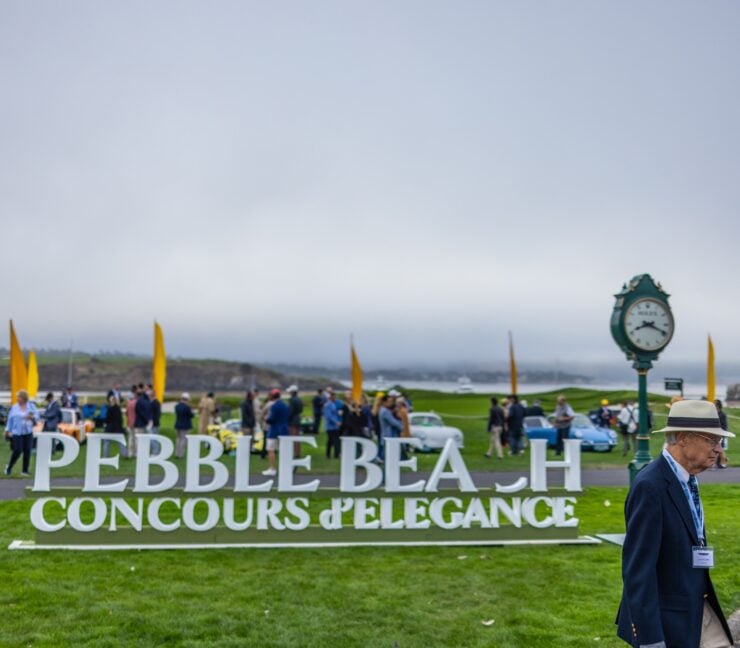

For the uninitiated, “concours d’elegance” simply means “a competition of elegance” in French, it’s the most prestigious kind of motor show in the world, and the Pebble Beach Concours is widely considered to be the most illustrious of them all. Much to the chagrin of the British and European concours events of course.
This particular Pebble Beach Concours was more special to me than most as a friend of mine, Geoff Hacker of Undiscovered Classics, would be co-ordinating many of the entrants in the “American Dream Cars of the 1950s” class.
Geoff had invited me to embed with his crew, and to witness the concours event from backstage through the eyes of the entrants – a rare honor.
American Dream Cars Of The 1950s
American Dream Cars of the 1950s class was developed by the Pebble Beach organizers to showcase some often forgotten American automobile designs from the post-WWII period when fiberglass was a state-of-the-art lightweight composite – the carbon fiber of the time.
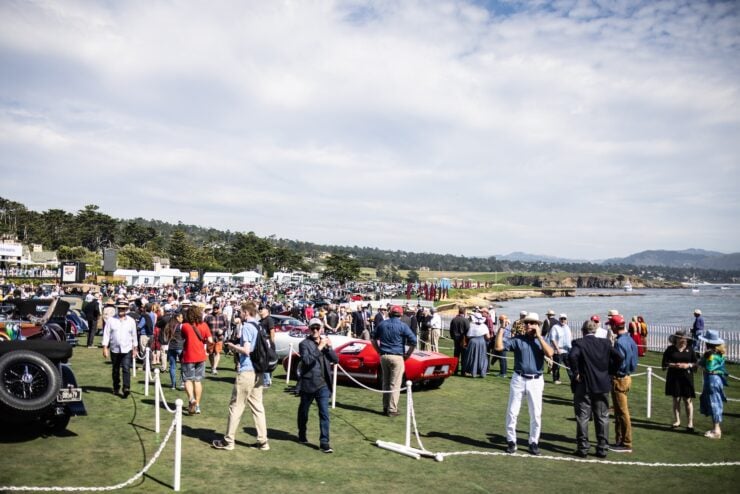

Many small coachbuilding firms opened their doors during this era using fiberglass to mould wildly creative bodies that would then typically either be fitted to custom chassis, or onto modified production car chassis. This allowed small garage-based operators to start their own car companies, and develop sports cars that would challenge and sometimes even beat the best coming out of Europe.
Everyone has heard of the Chevrolet Corvette, a fiberglass bodied car that first appeared in 1953, but they may not know that the Corvette was directly inspired by a litany of fiberglass sports car companies that had come first, like Glasspar, Kaiser Darrin, and Victress to name but a few.
The American Dream Cars of the 1950s class will be celebrating these cars on the most prestigious lawn in the world of motoring – the 18th hole of the Pebble Beach Golf Course, the home of the annual Pebble Beach Concours d’Elegance.
Geoff Hacker And Undiscovered Classics
Geoff Hacker, working through his website Undiscovered Classics, has become the world’s leading authority on the American handbuilt cars from this time period.
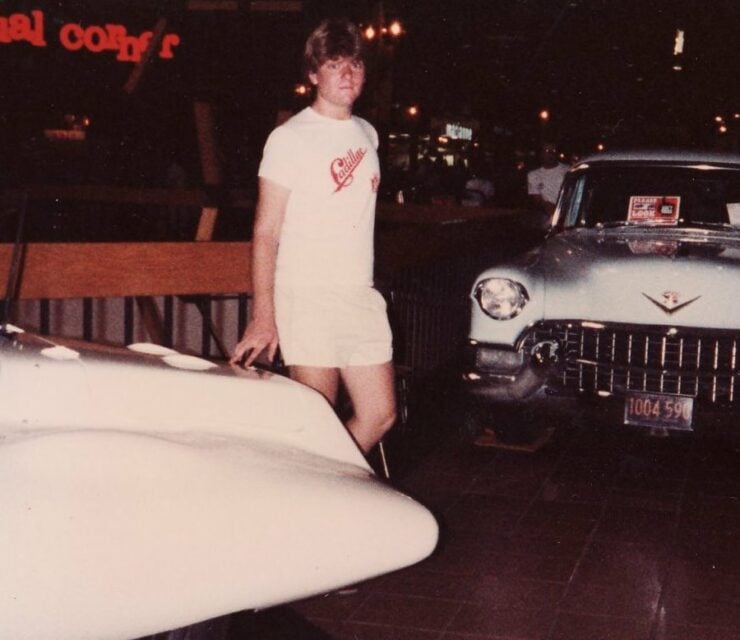

As the high-end motoring world has begun to take more of an interest in the genre he’s worked long hours to organize vehicle entries at major motoring events like the Pebble Beach Concours in California, and the Amelia Island Concours off the coast of Florida.
Though Geoff and I had corresponded by email for many years due to a shared interest in the same vehicles, we had never met in person. He had been the one who had recommended the motel in Gilroy as that’s where himself and the crew would be staying, and this way we could all travel in and out of Monterey together.
I first met him over breakfast, he’s a larger than life character with an easy smile and the kind of self-deprecating sense of humor that immediately puts people at ease. While Geoff seems like a regular car guy he actually has a Ph.D. in industrial psychology and spent years teaching the subject at university level.
He tells me he currently has 54 cars, many of them discovered in barns and farmer’s fields across the United States and most of them made of fiberglass – thanks in large part to the fact that the material doesn’t rust.
He used to have over 100 vehicles but he’s been slowly parting with them, making sure they end up in the hands of people who will restore them back to their former glory and then showcase them to the world, lest their history be forgotten.
Geoff introduced me to Merrill Powell, the 93 year old co-founder of the Victress Car Company – a company that had been started back in 1952.
Merrill and his grandson Zach would be an integral part of our group for the week and he would provide amazing first-hand accounts of the history of Victress and the 1950s custom car scene in general. This was also where I met Mike Puma, Geoff’s ally at Undiscovered Classics and a walking encyclopedia on the history of low-volume mid-century cars.
The Transport Lot: Backstage At Pebble Beach
The transport lot is the true backstage area of the event, it’s hidden from the regular attendees behind eight foot high covered fencing, away from the main attractions.
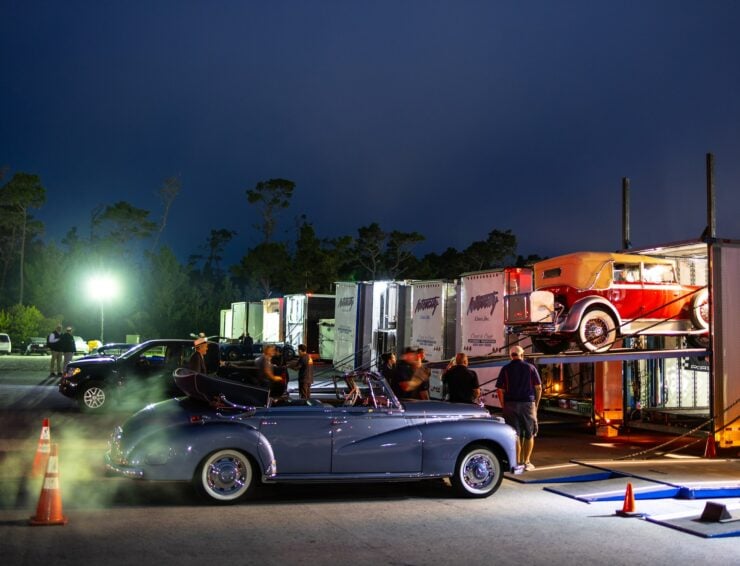

Once you get past the security at the main gate of the transport lot you’re greeted by dozens upon dozens of trucks and their car-hauler trailers. Over by the entrance there’s a food truck, a small picnic table area, and in the middle of the lot there are scores of classic cars from across the world.
The sheer volume and variety of vehicles in the lot is hard to take in at first, 1930s-era Bugattis and Delahayes are parked next to Corvettes and Ferraris from the 1960s. The there’s also a smattering of completely standard rental cars. Nothing is cordoned off, you’re free to wander around and take it all in as crews work on engines, detail the cars, or catch up with one another over a coffee and a laugh by the food truck.
Geoff introduces me to Wayne Carini, the host of the TV show Chasing Classic Cars and a regular at concours events showing both his own cars and cars owned by his clients.
Though a celebrity in the motoring world, Carini is just one of the guys back in the lot, working on an engine side-by-side with his crew and catching up with other regulars on folding chairs in the shade created by the trucks and their trailers.
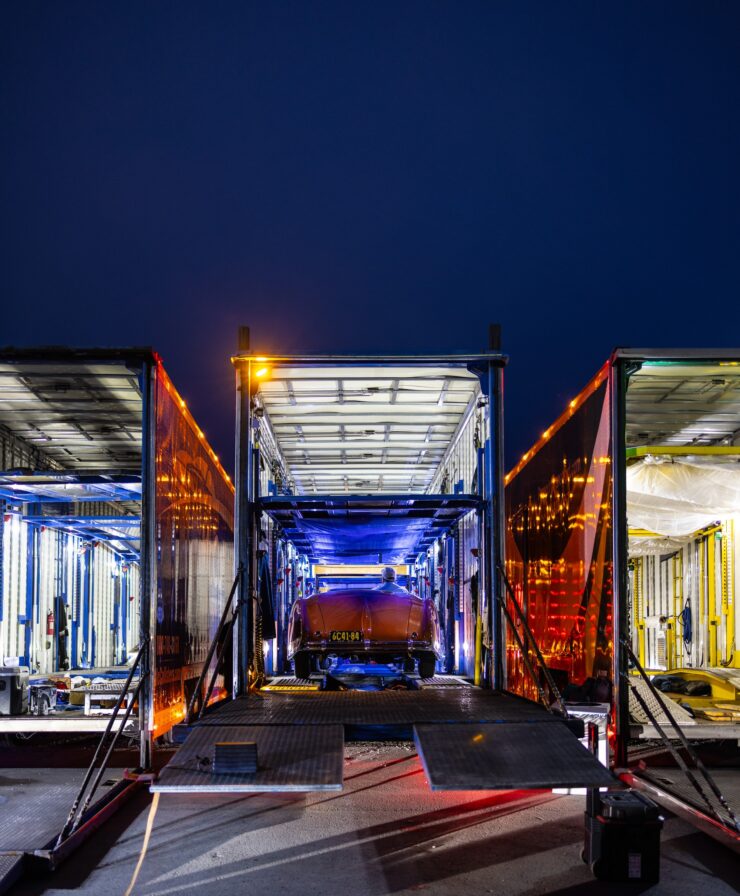

He would be showing a car himself in the same class as Geoff and the team, the 1959 Scimitar, but there was nothing but genuine curiosity and enthusiasm from him about the other cars in the class – despite the fact that they were all in competition with one another for one of the three trophies.
Later the same day we met D.E. Lacer, the owner of the unrestored original 1952 Manta Ray. He invited me to hop into the car for a spin around the transport lot, regardless of the fact we were surrounded by cars worth millions, sometimes tens of millions, he was peppered with questions by people as we drove around about just what the car was and where it had been built. People loved it.
It was just after this whirlwind tour of the lot in the Manta Ray that I saw the 1955 Debonnaire for the first time. There was a man laying half under it but my initial concern was quickly allayed when he showed signs of movement, he was searching around for tools as he applied some last minute fixes to the wiring loom.
Once he got up and dusted himself off I discovered that he was a friendly Canadian man named Chris who, along with his eccentric father Robin, had just driven to Monterey all the way from the other side of the northern border in a van they had bought a couple weeks earlier for $500. These are my kind of people I thought to myself.
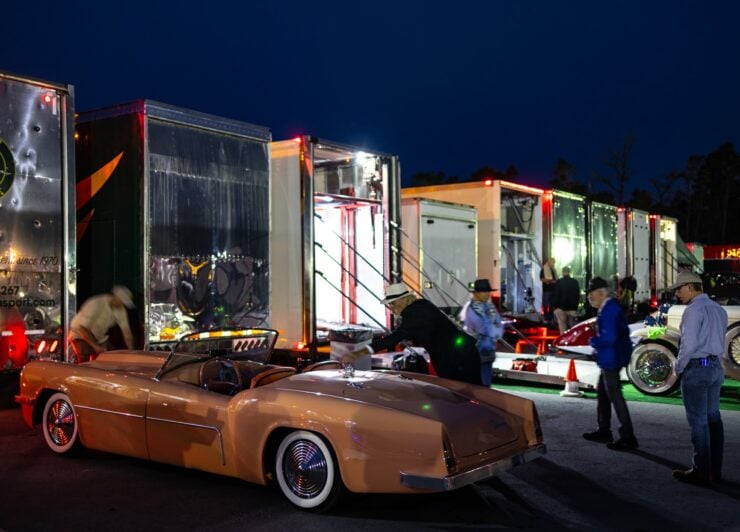

The 1958 MacMinn Le Mans Coupe
The reason Geoff and I were meeting in the transport lot today was to see the unloading of the 1958 MacMinn Le Mans Coupe. Of all the impressive cars that would be shown in this class at Pebble Beach, this car was inarguably the most special.
At first glance you wouldn’t believe the Le Mans Coupe was designed in the 1950s. It looks at least 20 years ahead of its time and whether in the transport lot or on the lawn during the concours, it would stop countless people in their tracks as they tried to make sense of what they were seeing.
There were many other notable cars in the class of course, the aforementioned 1952 Manta Ray with its jet turbine-like front intake, the impossibly elegant 1955 Debonnaire, the sweeping lines of the 1952 Maverick Sportster, and the 1948 Kurtis – Omohundro Comet that was developed by Frank Kurtis and Paul Omohundro.
The Le Mans Coupe had been painstakingly restored by Dennis Kazmerowski, and I met him over by the car, he’s a friendly man with a firm handshake and a kindly demeanor. The restoration took years, and he was happy to discuss it and the car’s history as one of Strother MacMinn’s most avant garde designs from the era.
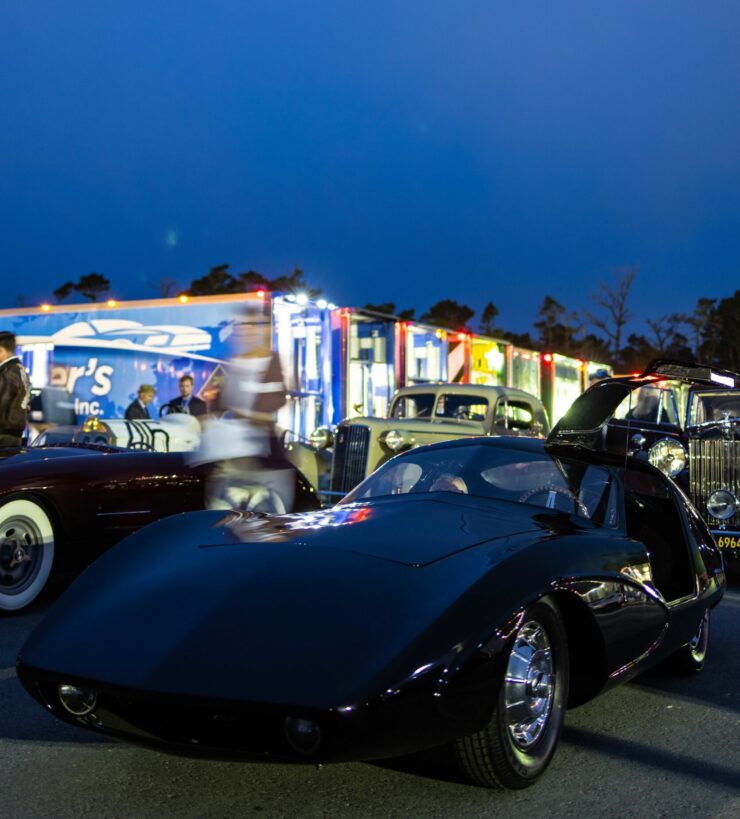

Each class at Pebble Beach, and in most major concours events, is judged by a group of experts on the lawn on the day. The top three cars are then announced later in the afternoon and they taken their turns driving up onto the main stage in front of thousands of people to collect their trophies.
Geoff and his group had conservative hopes of winning one or more awards, but each of the guys relayed to me in their own words that just being invited to display these cars at the Pebble Beach was already a major win, and a well-deserved sign of respect for the people who designed, built, and in some cases, recently restored the cars.
“It was an honor just to be invited” might sound like a cliche coming from most people, but this group, and Geoff in particular, have been saving these cars from destruction for decades now. Most major concours events wouldn’t give the vehicles the time of day until more recently, and now they’ve been invited to Pebble Beach to compete in their own class.
The Dawn Patrol
The Dawn Patrol is one of the most important traditions in the history of Pebble Beach. It’s the pre-dawn procession of hundreds of cars from the transportation lot and other areas down onto the 18th hole of the golf course where the concours event actually happens.
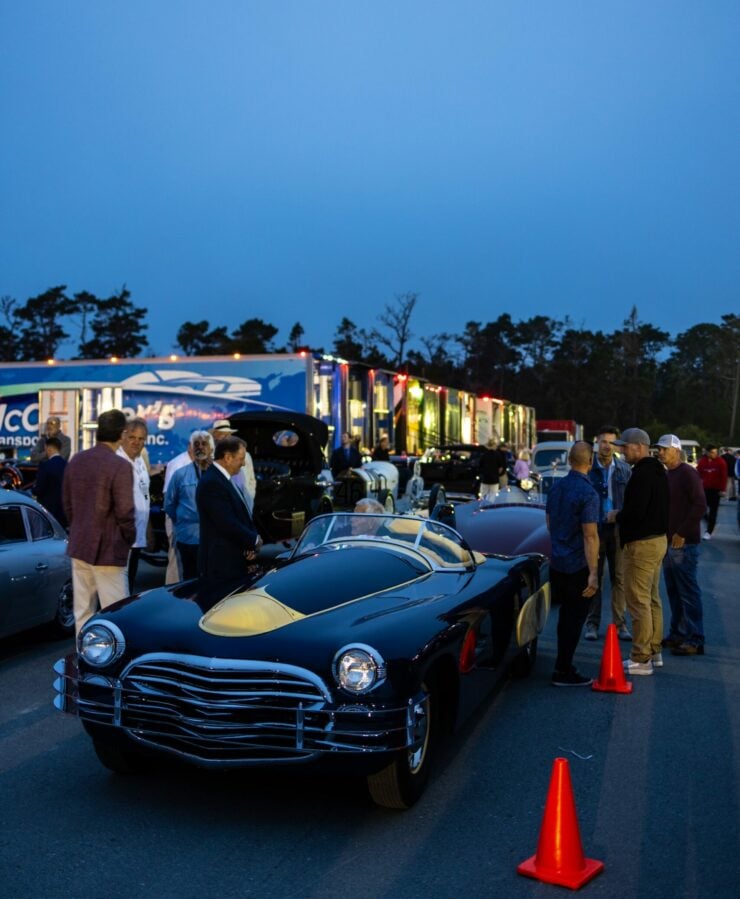

Geoff, myself, and our group was due to take part in the Dawn Patrol but due to the fact we were staying out in Gilroy it meant a 4:00am wake up, a 4:30am rendezvous in the parking lot, and a long drive in down the 101 while most of California slept.
We arrived at the transport lot in a three car convoy and debriefed on the order of events. The cars were all beginning to line up four abreast, though some suffered mechanical glitches that left their crews running for the tool boxes.
Other attendees went over their cars with polishing cloths one last time to remove even the slightest specks so the paint would look perfect by the time the judges came by with their clipboards and their questions.
Geoff had kindly organized for me to ride with Blake in the 1948 Kurtis – Omohundro Comet, to take part in the Dawn Patrol on my first visit to Pebble Beach was an unexpected surprise. Blake filled me in on the restoration of the car and the challenges they had faced with it right down to sourcing the correct flathead screws, though by the time I saw it it was immaculate.
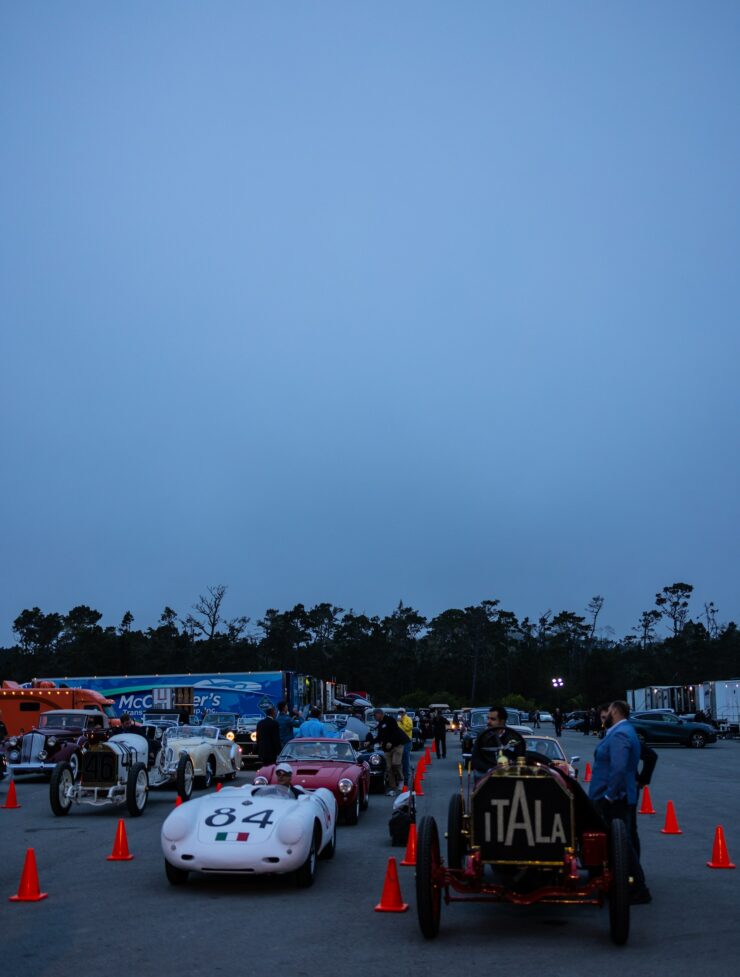

As we all moved off and drove down the winding hill to the lawn we saw hundreds of people lining the final stretch of road waving at all the cars and taking pictures, a familiar face appeared not far from us to wish us well – my still half-asleep memory took a moment to realize that the reason the man looked familiar is because it was Formula One legend Emerson Fittipaldi.
He asked us about the car and wished us well before disappearing off into the dim light of dawn. The day had already been a surreal experience and we hadn’t even made it onto the field yet.
As we passed the final check point the marshals explained where we needed to go to find our marker and get the Comet set up on the right section of lawn in a neat line with the other cars in the American Dream Cars class.
Once done, we went in search of coffee, then watched the procession of car after car roll past us quietly to find their mark on the golf course so the show could begin.
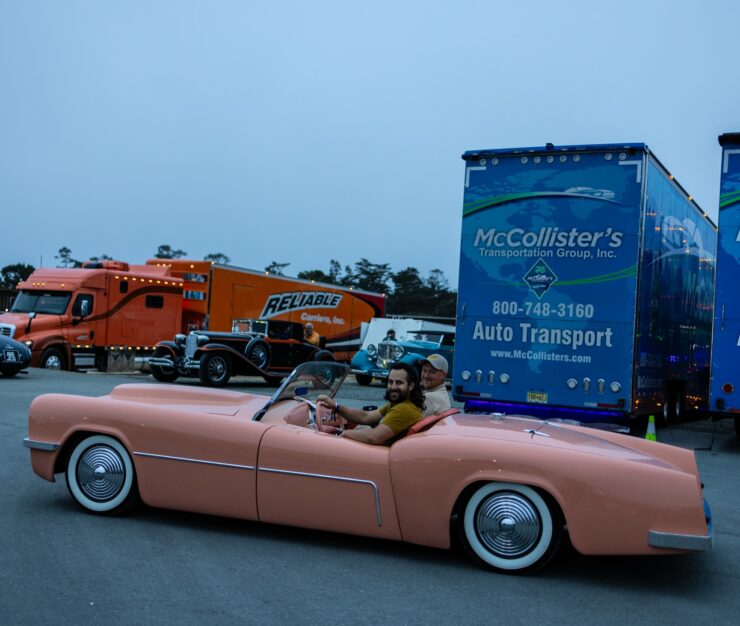

And So It Begins
As the dawn gave way to mid-morning the attendees began to arrive, before lunch there were thousands of people moving about up and down the 18th hole, all dressed in their Sunday best.
Despite the lack of brand name recognition of the cars in the American Dream Cars class the unusual designs of the cars and the fact that even dyed-in-the-wool car guys couldn’t guess what they were meant that our little patch of grass became one of the most well-trodden of the event.
Untold thousands of pictures were taken of each car but there was only one true crowd favorite. Unsurprisingly it was the Le Mans Coupe. A car so unusual that its owner Dennis ended up needing to spend much of the event sitting in the car and answering people’s questions – he must have spoken to over a hundred people by the time the judging commenced.
Here Come The Judges
The judges arrived around noon, each with a clipboard in hand and a straw hat. They discuss the cars with each of the owners individually, and pour over the interiors, exteriors, engine bays, and even the trunks.
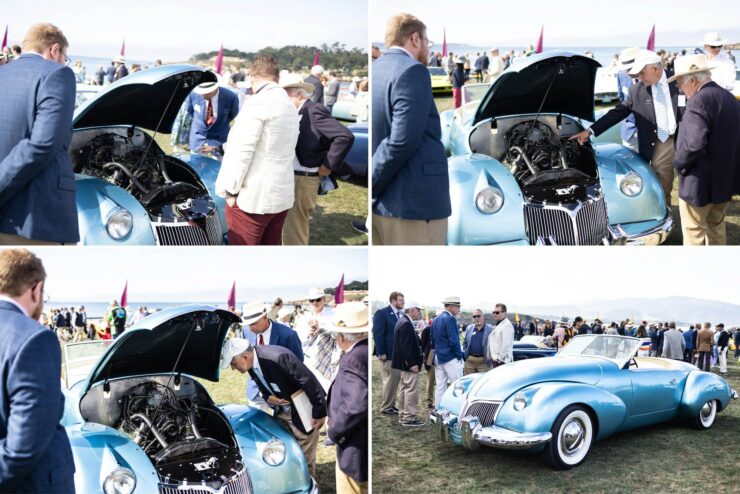

They take notes and mark what I assumed were grades on their clipboards, spending some time at each car in the class before moving onto the next. Geoff and the team were all talking after the judges left as much as they insisted that just being there was a win, it’s clear that a trophy or two would have been welcome.
Alas today it was not to be. First place went to the 1953 Kurtis Sorrell SR-100 Roadster shown by Mark and Newie Brinker, it was a beautiful car and no doubt a worthy winner.
Even as it rolled up onto the main stage to get its award there were murmurings throughout the crowd, people asking what it was. A sign of just how important this class was at the event, with many of these cars being shown to the public for the first time in two or three generations, some for the first time ever.
After the awards ceremony many of the attendees begin to filter out, mostly heading into Monterey or Carmel for dinner and post event parties.
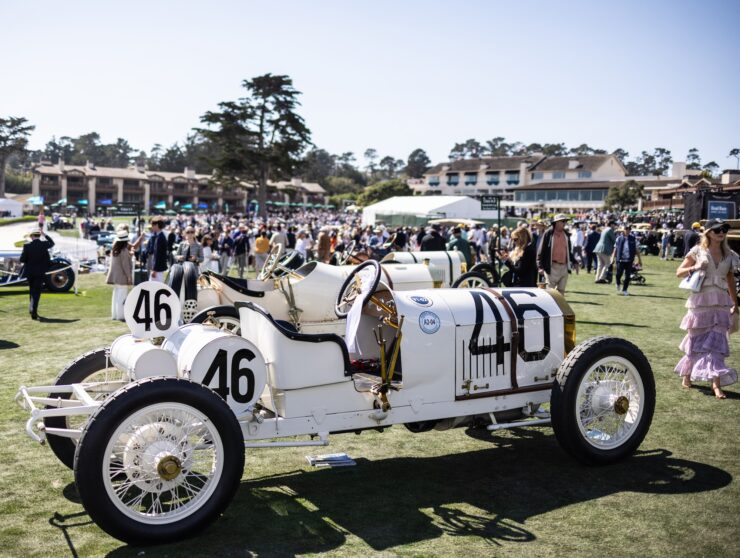

Barbecue And The Next Move
Our small group reconvened on the lawn and discussed our next move, the cars would be taken back to the transport lot to be trucked to their various homes across the United States.
After the cars were taken care of we would all meet up back in Gilroy for a celebratory dinner at a local barbecue place – BBQ152. The plates of ribs, burnt ends, pulled pork, and slaw were finished off and a couple of us rehydrated with some local craft beers for good measure.
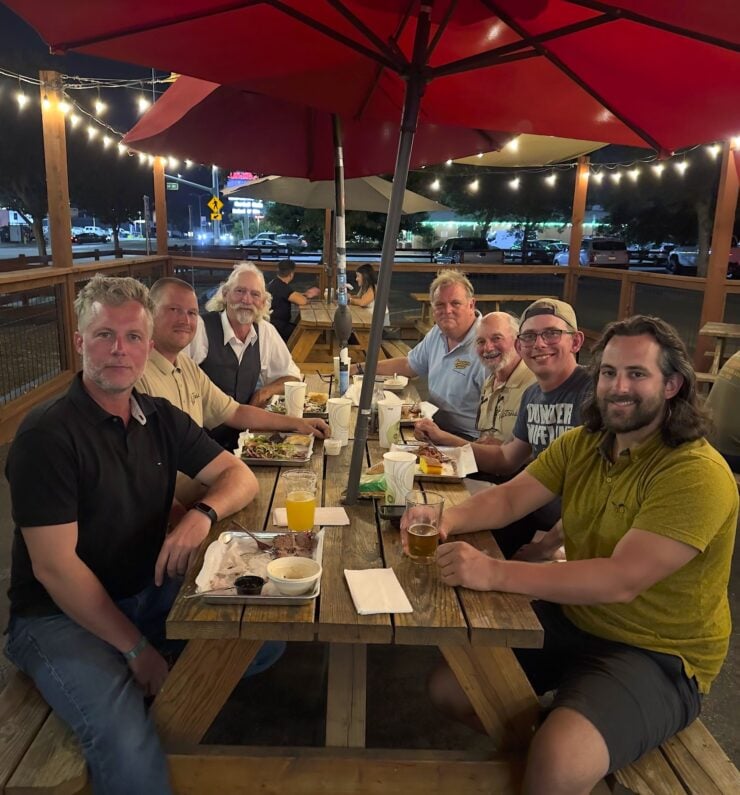

We said our goodbyes that night but not before hashing out a plan to meet once more. Next year the Amelia Island Concours d’Elegance is being held in Florida – and they’ve got a class for 1950s American dream cars. So we decided we would get together and do it all over again.
If you’d like to read more about Geoff Hacker and his work you can visit his website Undiscovered Classics here. If you’d like to read more about the Pebble Beach Concours d’Elegance you can visit the official event website here.
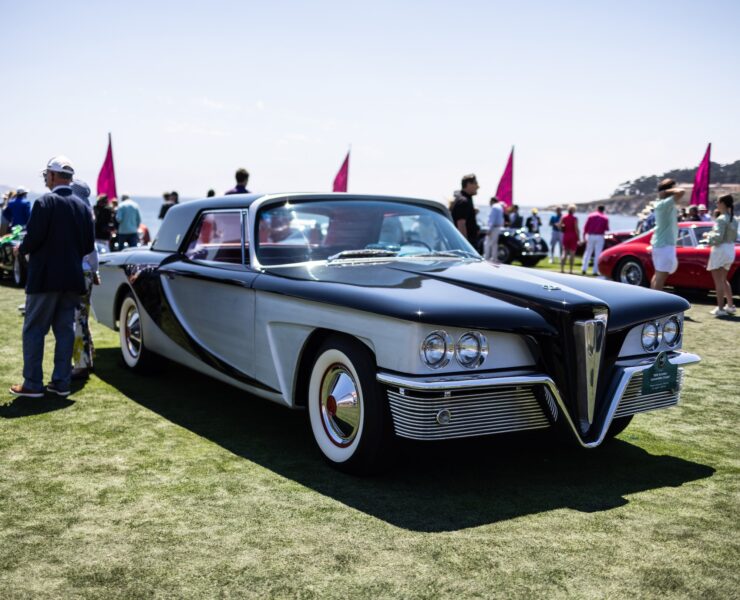
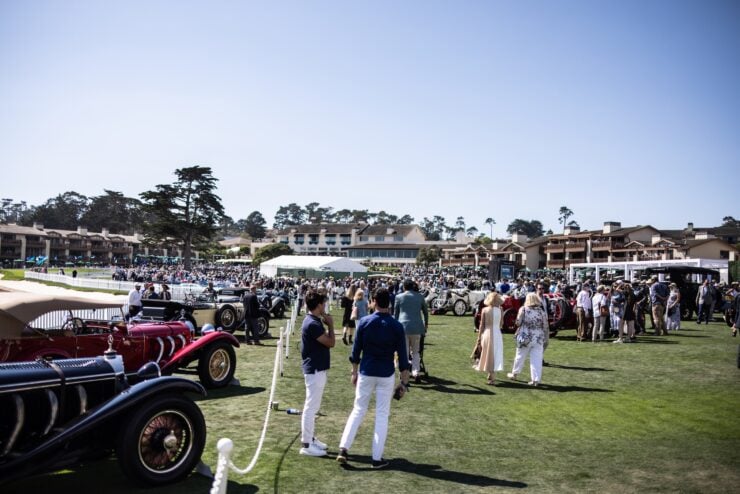
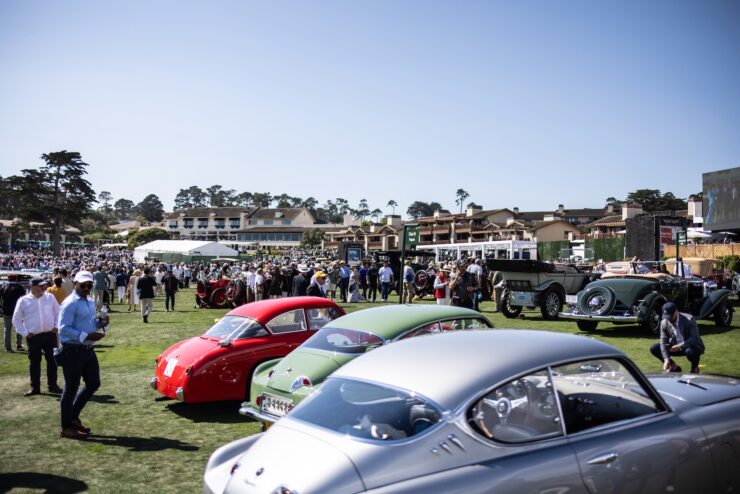
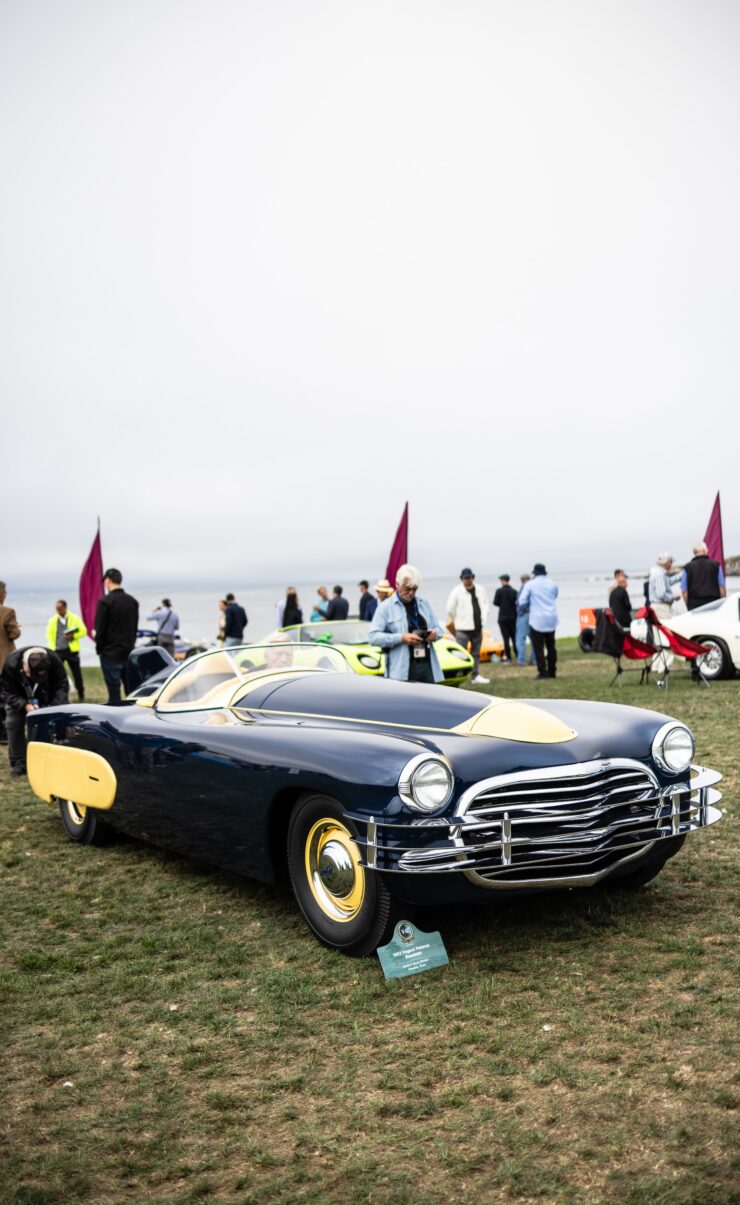
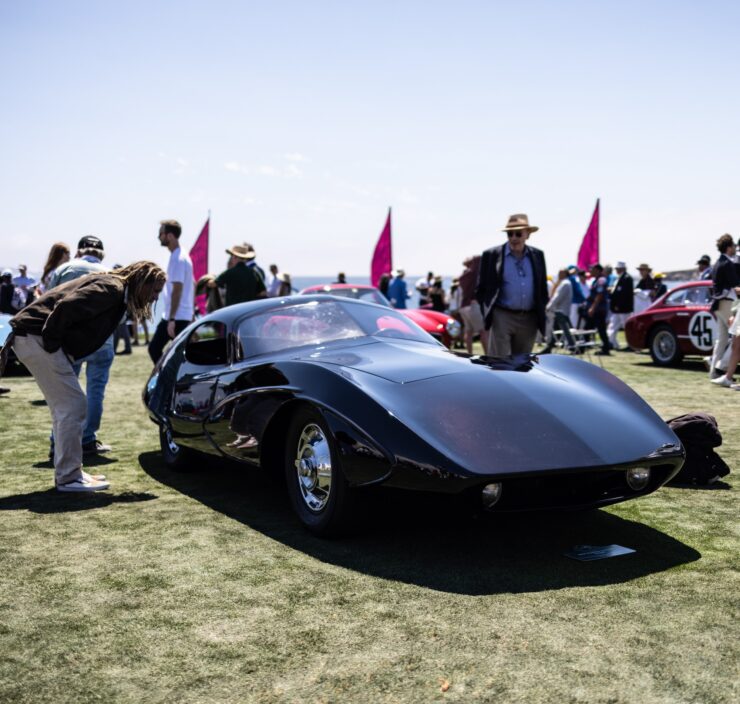
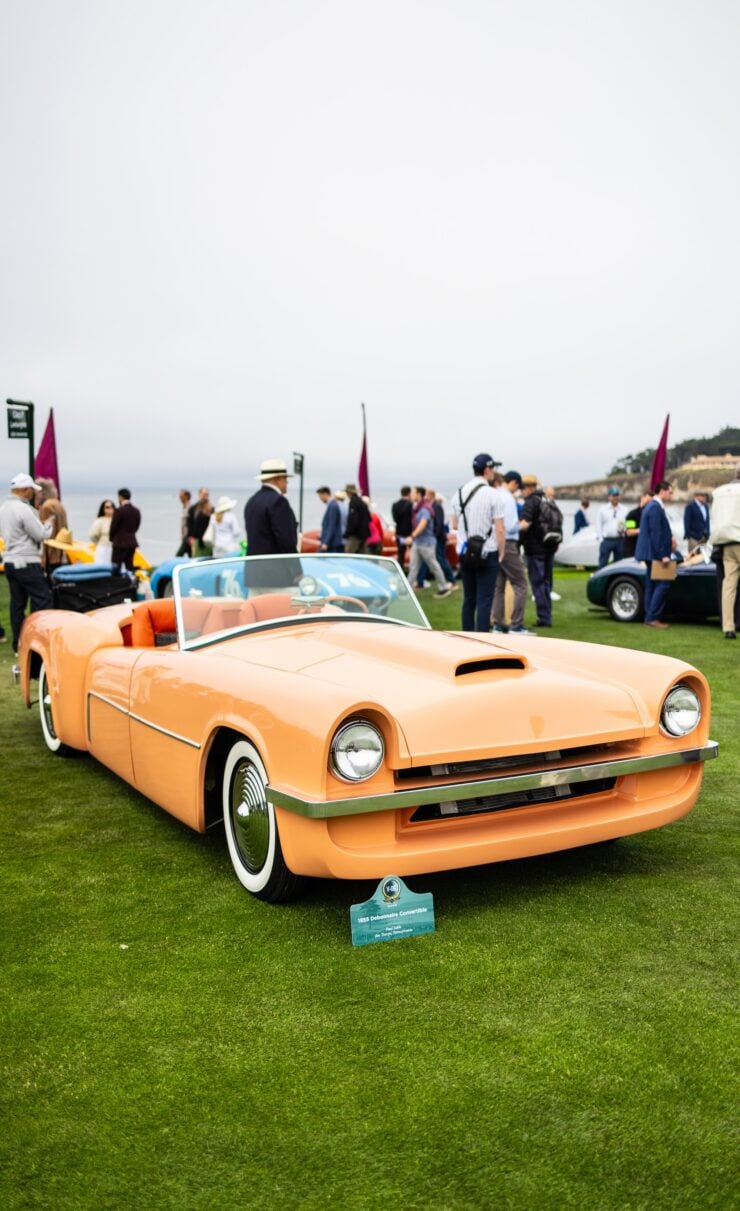
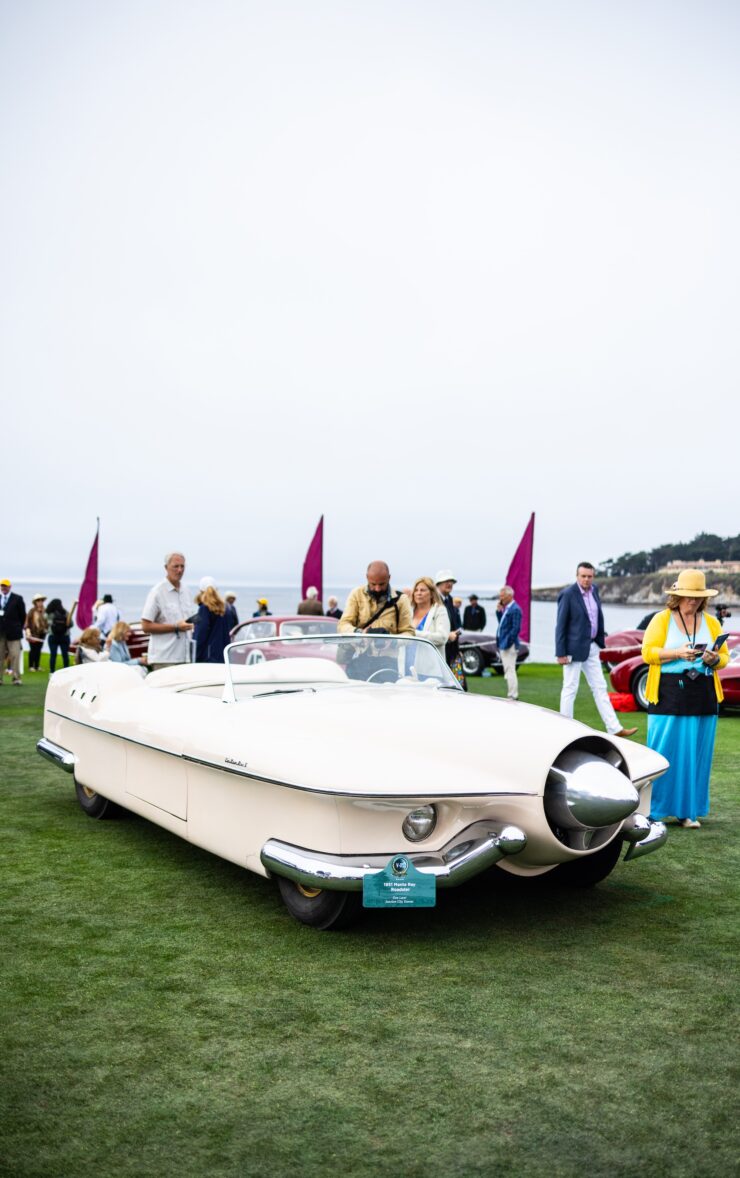
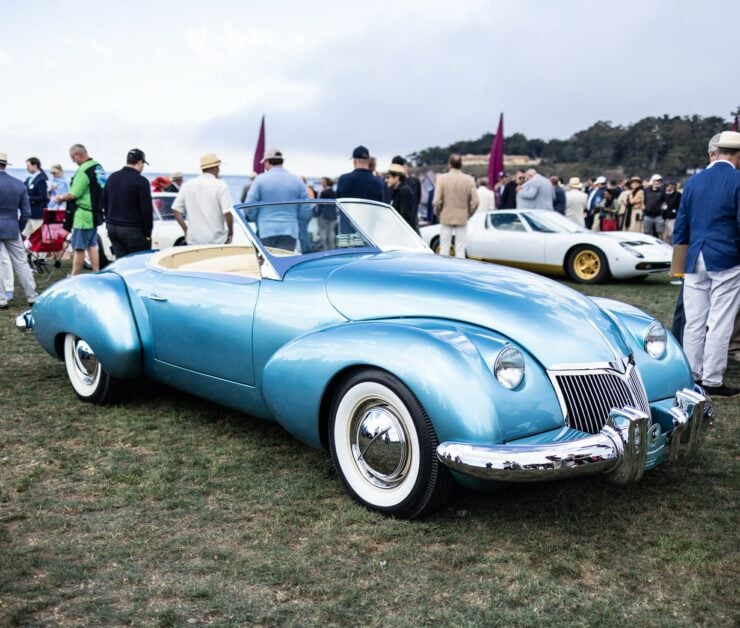
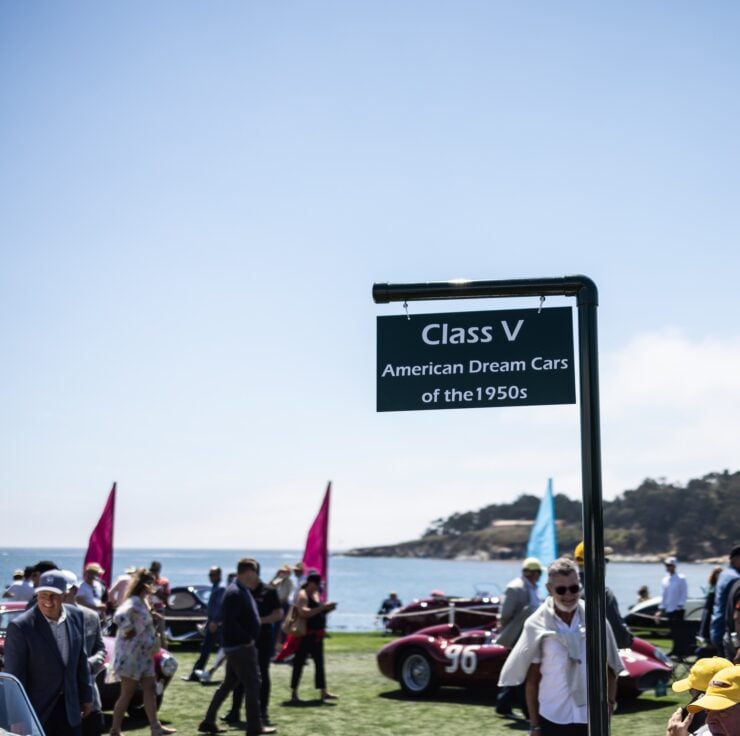
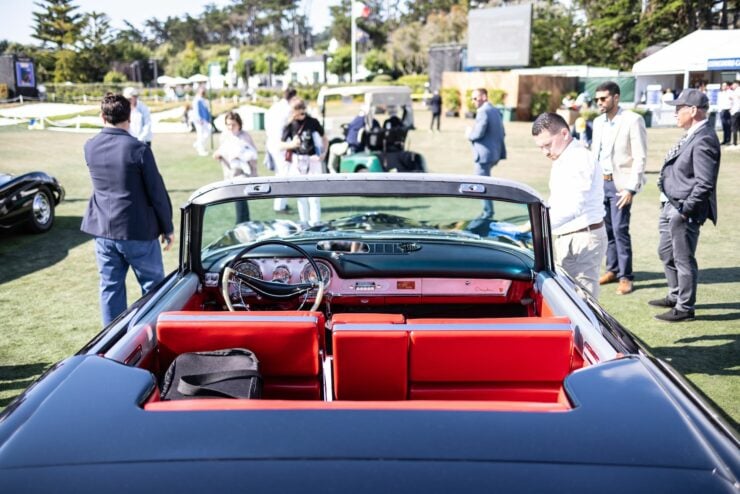
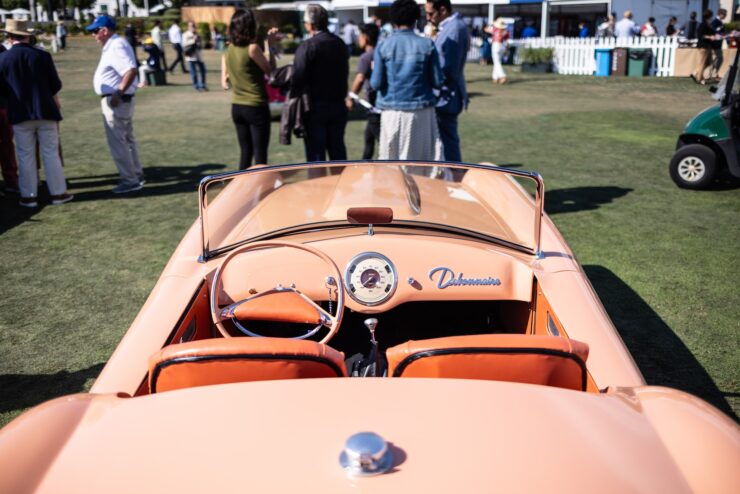
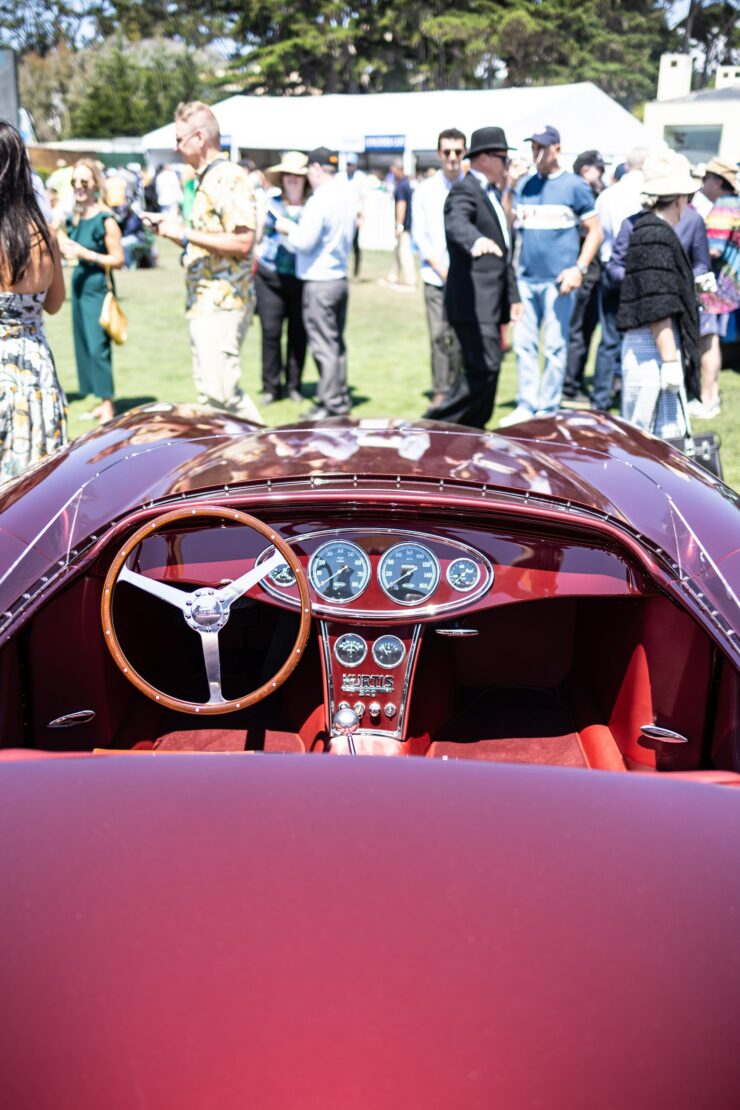
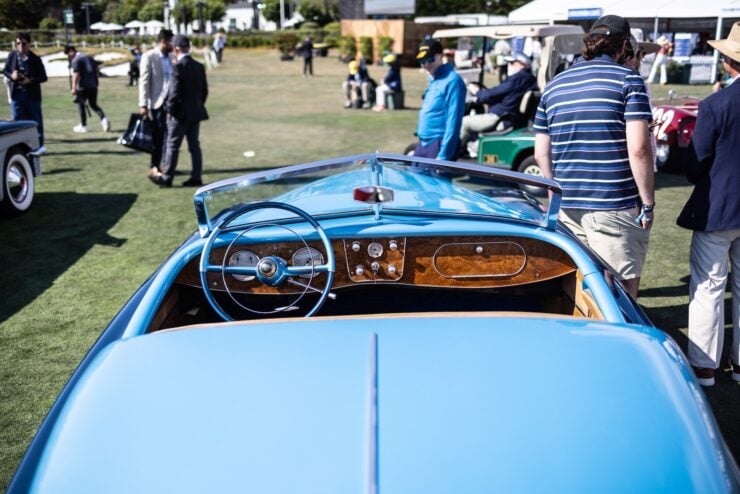
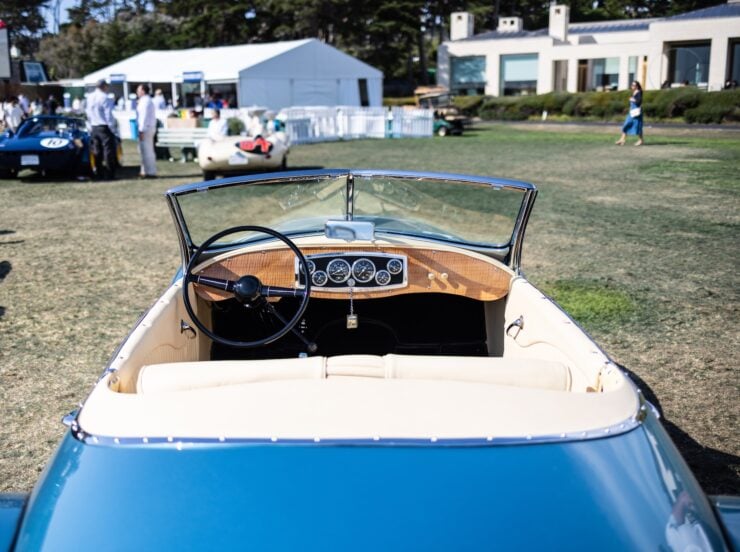
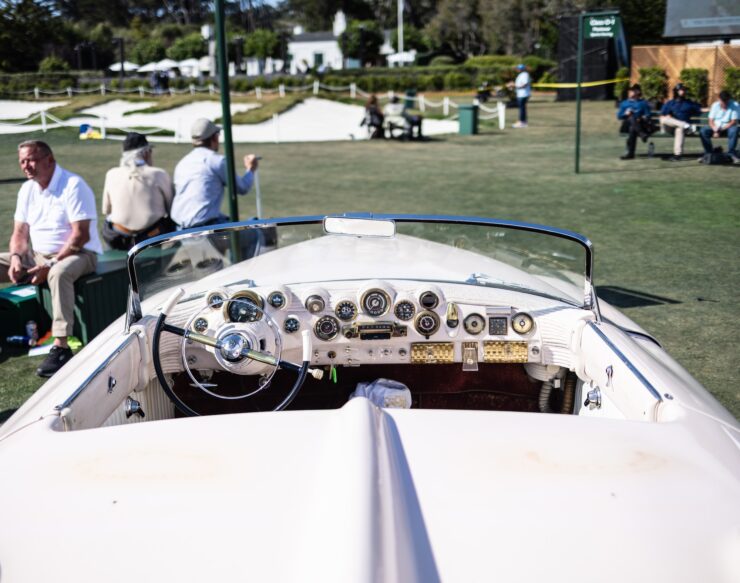
All images copyright 2023 – Ben Branch + Silodrome

